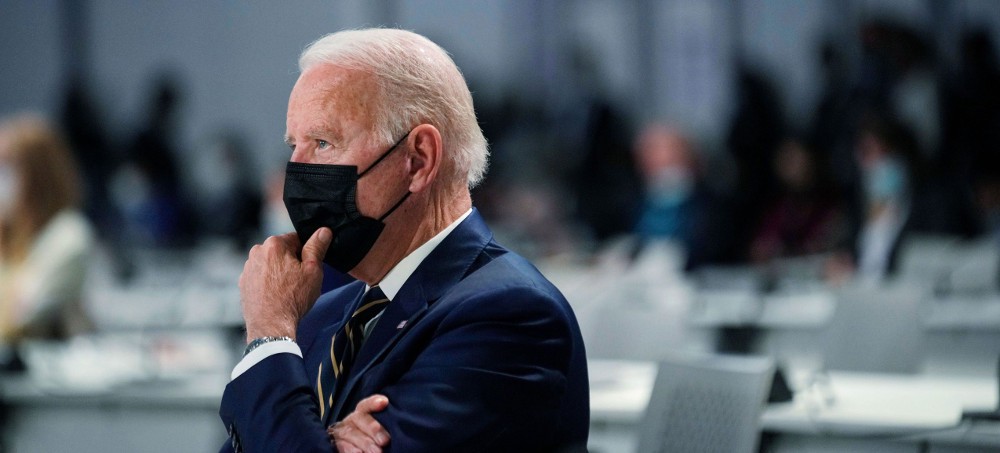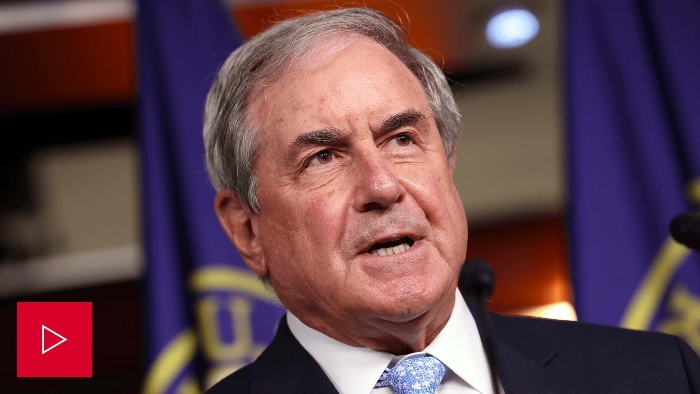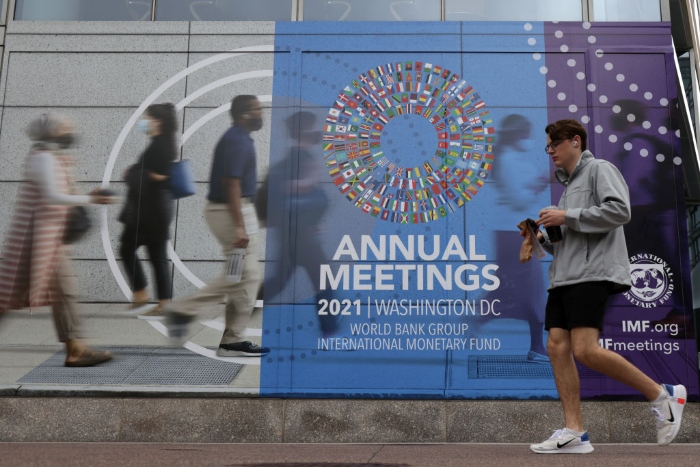Live on the homepage now!
Reader Supported News
Monday should have been a day of great triumph for America, marking its emergence from the Trump years.
The world arrived at the Paris climate meeting, six years ago, primed for action: recovering economies, a discernible beginning to a drop in the price of renewable energy, and a surge of activism around the globe meant that negotiators couldn’t really go home without having reached a groundbreaking agreement. But now that the time has come to strengthen that pact—and the whole point of this Glasgow conference is to get countries to substantially increase the commitments they made in Paris—conditions have changed. We have lived through the hottest years on record since Paris, but the pandemic has driven the climate and other crises out of the headlines, and sidelined (or, rather, Zoom-lined) movements calling for change. The world is also lurching through a cycle of illiberalism, and, although its hold has loosened in the United States, it has left figures such as India’s Narendra Modi and Brazil’s Jair Bolsonaro in positions of power. Modi is in Glasgow, and he announced on Monday that India would get to net zero by 2070—a half century from now. (Granted, meeting even that mark would mean that the country will have generated far less carbon in the course of history than the United States.) Bolsonaro is not attending, but, even as the Amazon region is being destroyed at an ever faster rate, Brazil’s representatives announced that the nation is “a longtime champion of the environmental agenda.” Xi Jinping, of China, and Vladimir Putin, of Russia, are also skipping the summit; on Monday, China submitted a written statement that basically just repeated its Paris pledges.
And the United States? This should have been a day of great triumph for America, marking its emergence from the Trump years—nothing the former President did caused as much international anger as withdrawing from the Paris accords, and Biden did apologize for that act. But, owing largely to Manchin, Biden arrived in Glasgow without the set of dramatic legislative victories that were supposed to unlock this conference. Manchin is currently the Senate’s leading recipient of donations from the fossil-fuel industry, and it is proving a sound investment. He stripped any real guarantees of carbon reduction from Biden’s Build Back Better plan, leaving in their place five hundred billion dollars to subsidize the construction of green energy. As Daniel Aldana Cohen, a professor of sociology at Berkeley who focusses on the climate, tweeted on Monday, the basic “economic theory is that half a percent of GDP will be enough of a thirst trap for green capital that private investors will overhaul the economy, guided by invisible hands.” And even that is no guarantee—Manchin, having promised “clarity” on his stance Monday morning, said a few hours later that he was “open to supporting a final bill that helps move our country forward. But I’m equally open to voting against a bill that hurts our country.” One imagines that the statement quickly made its way through the vast negotiating hall in Glasgow.
Manchin’s muddling is why Biden’s summit speech sounded fairly flat—it was full of talk about how his stripped-down plan would create jobs, but, in the middle of a labor shortage, that’s not the most compelling selling point. A large cast of American advisers accompanied the President to Glasgow, and they did their best to sell the plan—Gina McCarthy, the Administration’s domestic climate czar, said that America was “kicking butt” on offshore wind, for instance. America’s chief climate envoy, John Kerry, was perhaps more accurate. A month ago, he called the Glasgow conference the planet’s “last, best hope”; now he said that “Glasgow was never going to be, you know, the definitive one meeting.”
And, of course, he’s right. This is a huge war fought on many fronts, and on some of them responsible leaders are on the offensive. The price of renewable energy is now in such free fall that it’s clear how the energy future will eventually play out; what’s not clear is how fast it will happen. Activists are back on the streets, too late perhaps to change the outcome of this session but with a passion that should worry the big banks and asset managers who are increasingly the target of their efforts. It’s still possible that some startling new development could emerge to revitalize this conference. But, for the moment, although the power of Big Oil is much weakened, it isn’t broken, and that means that the thirty-year slog toward rational climate policy will have to plod on.
Follow us on facebook and twitter!
PO Box 2043 / Citrus Heights, CA 95611







